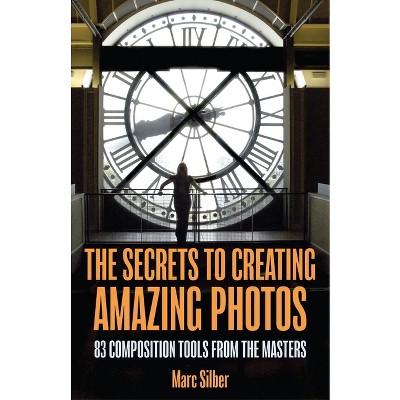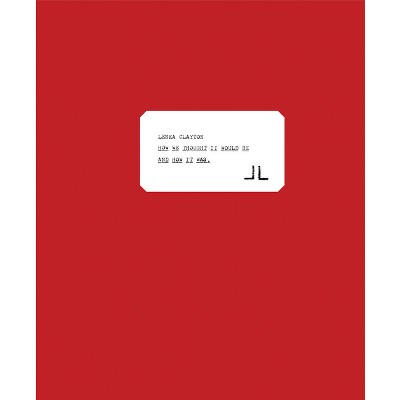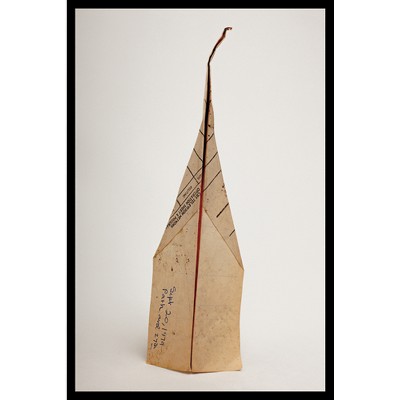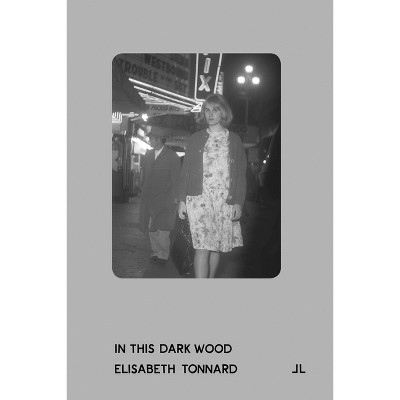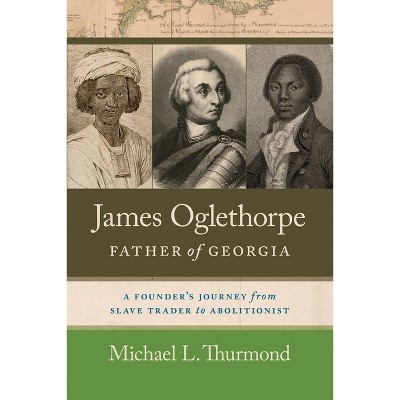Sponsored

Stephen Kaltenbach: Portrait of My Father - (Paperback)
In Stock
Sponsored
About this item
Highlights
- Kaltenbach's staggering, psychedelic portrait of his dying father is a transcendent meditation on life, afterlife and symbiosis with the universeArtist Stephen Kaltenbach was working at the bleeding edge of Conceptualism when he dropped out of newly named SoHo in 1969 to pursue a far stranger dream.
- 192 Pages
- Art, Individual Artists
Description
Book Synopsis
Kaltenbach's staggering, psychedelic portrait of his dying father is a transcendent meditation on life, afterlife and symbiosis with the universe
Artist Stephen Kaltenbach was working at the bleeding edge of Conceptualism when he dropped out of newly named SoHo in 1969 to pursue a far stranger dream. Trading his heady downtown atmosphere for the relative isolation of a Northern California barn, he spent the better part of the next decade painting a colossal--and colossally cosmic--portrait of his dying dad. At nearly 15 feet wide, it's a sincerely wondrous and confounding artwork.
Portrait of My Father is stunning on its face, where each beard whisker explodes a window onto eternity, and from across the room, as a photorealistic depiction of a man on death's door. But equally staggering is that Portrait was painted by an artist who moved west as a Conceptual gesture in and of itself, under the terms of his self-defined "Protocol of Opposites"--a mode dedicated to what was least expected of him. While the painting was essentially (and intentionally) the most heretical artwork he could imagine, Kaltenbach's quest was simultaneously earnest, driven by spiritual and pharmacological awakening, love for his father, and commitment to seclusion and process. Since 2000, Portrait has been on permanent view at the Crocker Art Museum in Sacramento, where it's a cornerstone of the permanent collection.
The definitive history of the painting and the intentionally oppositional choices that led to its implausible creation, the book consists of an epic interview with the artist conducted and annotated with context and corrections by curator and writer Jordan Stein (Miyoko Ito: Heart of Hearts, 2023), who also offers an introduction, alongside a trove of archival material.
Shipping details
Return details
Frequently bought together

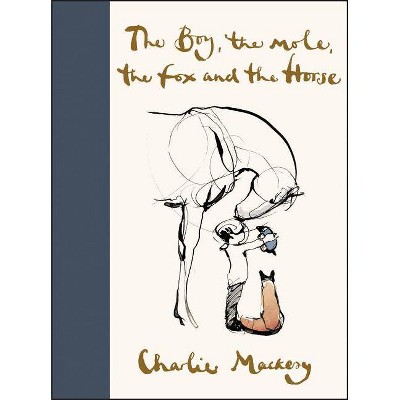
Trending Non-Fiction







